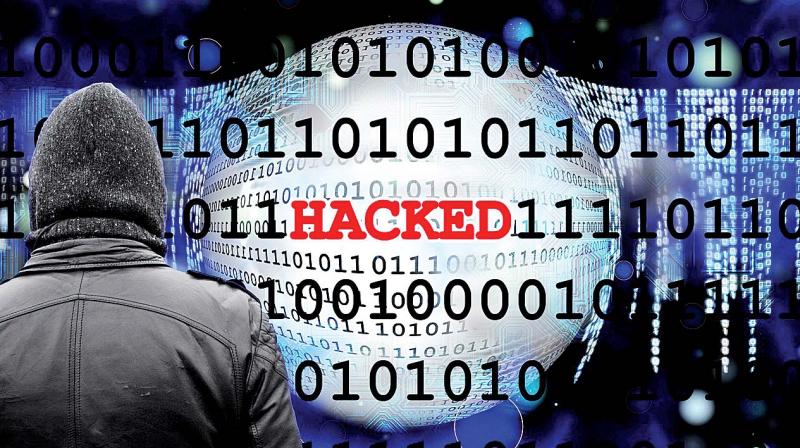Cyber-attacks not restricted to financial services, banks

Digitisation has not only revolutionised business models but also resulted in crime probing slowly into the cyber world that relatively has proven to have more hazardous impacts that man could have anticipated up until a few years back. Government’s support and drive for a Digital India has seen support from more business going online. In a growing economy, when a cyber crime has become more frequent in nature, targeting computer systems with vulnerabilities lacking the appropriate security software is a reality we are faced with; and from what world’s recent browser history suggests, this has been irrespective of any particular industry. We reached out to Tenable Network Security’s Country Manager (India & SAARC), Manoj Taskar, and he had a lot to say in this regard.
It’s not just finance:
Contrary to what it may seem to be the current news around you, it’s not safe to assume that these attacks are restricted to the financial services and banking sector. Though there is no dispute that a considerable amount of organisations suffering a security breach hail from these very sectors, reports and incidents mapped over time have shown that an equal amount of peril has been caused to the healthcare and the automotive industries among others as well. A myriad of different industries are being subject to such attacks each and every day, and every case is unique revealing different possibilities of cybercrime that are pretty shocking and dangerous.
Healthcare:
According to various studies, it has emerged that approximately 75 per cent of major healthcare providers in the US have experienced or faced malware attacks and infections that are capable of destroying a considerable amount of data or money. The very recent WannaCry ransomware attack is a stark examplewhere several lives were put at risk just by making health information available on the cloud.
Private and Public Sector:
Ransomware has eclips-ed the other forms of cyber crimes in 2017. The growing sophistication within the cybercrime communities is enabling cybercrime services, where the profit margin is the biggest driver. As such, public, retail or private institutions are being indiscriminately targeted.
Patching Cyber Vulnerabilities:
Impacts of cyber-attacks can vary. The energy sector has seen experts pointing out a trend of small and focused attacks on energy and utility companies costing them a loss of close to $13 million worth of business every year and damage to substantial infrastructure. The time calls for a proactive standing ground against organised cyber crimes who find it easier to target vulnerable attacks be it for intelligence, ransom or radical data manipulation. There has been a lot of talk about scripting laws on data protection and privacy as an aftermath to Supreme Court elevating right to privacy to a fundamental right. Security vulnerabilities and lack of modernised infrastructure can loom concerns over the protection of sensitive financial and private data.
Proactive push towards new age security solutions:
Institutions and organisations across the globe are steadily working towards creating safety mechanisms that could ascertain the security of their valuable data and infrastructure. Undoubtedly the threat of cybercrime has been starkly high on the global banking and financial services industry, however, it has been nothing short of a myth that these attacks could not creep into or affect different industries. The proof of the same is vividly visible through the tectonic increase in the number of such cases over the past few years. Understanding the nature of the attack and being digitally mindful is the need of the hour.
Companies in India, thus, need to be proactive to ensure foster efficiency and efficacy in cyber security management. The vision of becoming digital economy can be fulfilled when security of precious data is a high priority on the management agenda for the country.

